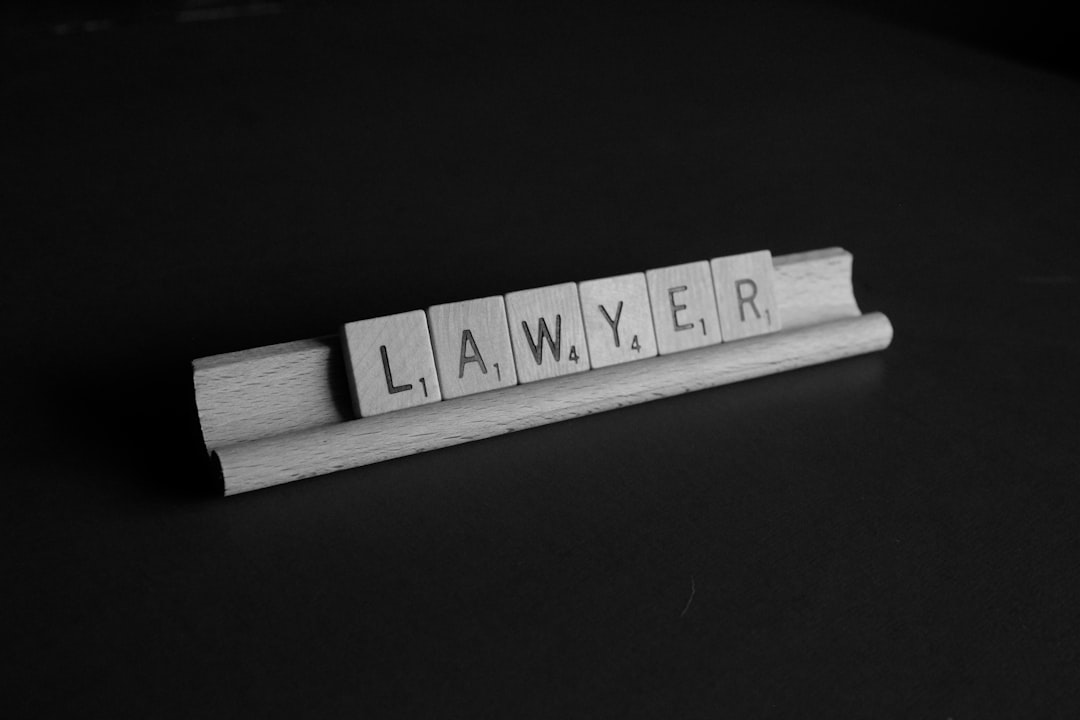New Hampshire's "Do Not Call" laws protect residents from unwanted telemarketing calls, including law firms. Businesses face fines for violations. Accurate documentation of calls, conversations, and metadata is crucial for evidence if legal action is required. Report violations to the New Hampshire Public Utilities Commission (PUC) and consult an attorney for complex cases.
In New Hampshire, understanding and adhering to the state’s stringent Do Not Call laws is paramount for telemarketing compliance. This comprehensive guide navigates the intricacies of these regulations, empowering businesses and individuals alike to identify and document violations effectively. From recognizing legitimate telemarketing breaches to gathering substantial evidence, this article provides a step-by-step approach to ensuring accountability. Learn how to protect your rights and take appropriate legal action against offending Do Not Call law firms in NH.
Understanding New Hampshire's Do Not Call Laws

In New Hampshire, protecting residents from unwanted telemarketing calls is a priority. The state’s Do Not Call laws are designed to give consumers control over their phone numbers and reduce nuisance calls. These laws restrict businesses from making telemarketing calls to individuals who have registered their numbers on the state’s official Do Not Call list.
New Hampshire’s Do Not Call regulations are in line with federal guidelines, ensuring that local law firms and businesses adhere to these standards. Violating these rules can lead to significant fines, emphasizing the importance of understanding and respecting consumer preferences.
Identifying Valid Telemarketing Violations

Recognizing genuine telemarketing violations is a critical step in ensuring compliance with New Hampshire laws, particularly regarding restrictions on calling law firms. Valid violations typically include instances where telemarketers make calls to numbers registered on the state’s Do Not Call list or ignore legal requests to stop contacting a consumer. This may occur when an individual or business persistently contacts residents despite being explicitly told not to do so.
It’s essential to distinguish between legitimate marketing efforts and illegal practices. Telemarketers must respect consumer choices, especially when it comes to privacy preferences expressed through Do Not Call registrations. Any unsolicited calls to such numbers can be considered violations, underscoring the need for businesses to maintain accurate records of caller activity and ensure compliance with local telemarketing regulations in NH.
Documenting Call Details Accurately

When documenting telemarketing violations in New Hampshire, accuracy is paramount. Every detail matters when pursuing legal action against violators of the state’s “Do Not Call” laws targeting law firms. Start by meticulously recording the date and time of each call. Note the caller’s identification, including their name, phone number, and company affiliation. It’s crucial to jot down a brief description of the conversation, focusing on what was said regarding legal services or any attempts to bypass restrictions.
Additionally, record the recipient’s information, such as their name, address, and any unique identifying details relevant to the case. Ensure all notes are taken promptly after the call to preserve freshness. For each instance, create a comprehensive log that acts as solid evidence if the matter proceeds to legal action. Remember, these detailed records will be invaluable in demonstrating patterns of violation, especially when dealing with recurring offenders or instances where blocking calls is not enough.
Gathering Evidence and Records

When documenting telemarketing violations in New Hampshire, gathering robust evidence and records is paramount. This includes saving all communication records such as emails, text messages, and voicemails from the offending party. Additionally, any logs or notes detailing calls, including dates, times, and the content of discussions, should be meticulously recorded.
It’s crucial to obtain and preserve any relevant metadata associated with these communications. In New Hampshire, “do not call” laws are in place for a reason; respecting these regulations is essential. Therefore, documenting violations can help individuals or organizations take informed actions, ensuring compliance and protecting their rights against intrusive telemarketing practices, especially when involving law firms.
Reporting and Pursuing Legal Action

If you’ve encountered a telemarketing violation in New Hampshire, documenting and reporting it is crucial. Start by gathering all relevant information such as the caller’s ID, date, time, and a detailed description of the interaction. Note any specific promises made or pressure tactics used. This evidence can be instrumental when filing a complaint with the New Hampshire Public Utilities Commission (PUC). The PUC takes these matters seriously and has the authority to investigate and take legal action against violators.
When considering pursuing legal action, it’s essential to consult an attorney who specializes in consumer law or telemarketing regulations. While Do Not Call laws protect residents from unsolicited calls, navigating legal procedures can be complex. A qualified lawyer can guide you through the process, ensuring your rights are protected and helping you determine the best course of action, including potential settlements or court proceedings.






